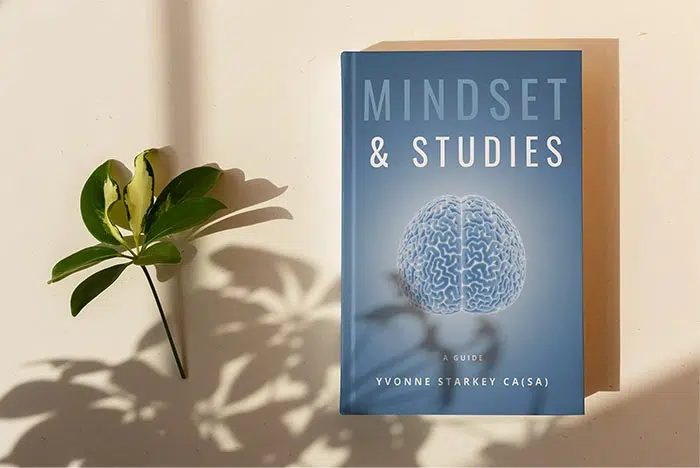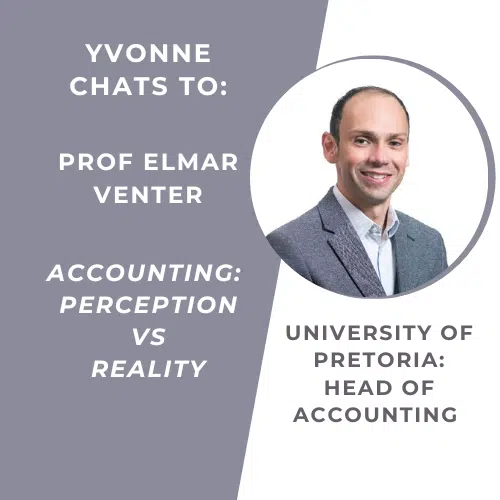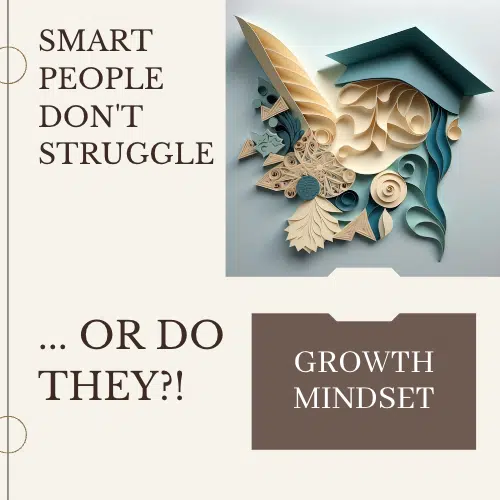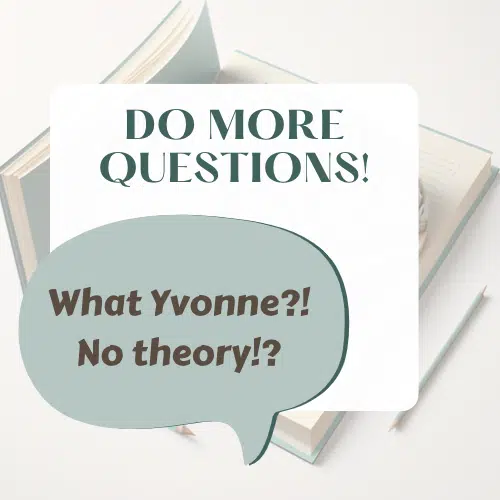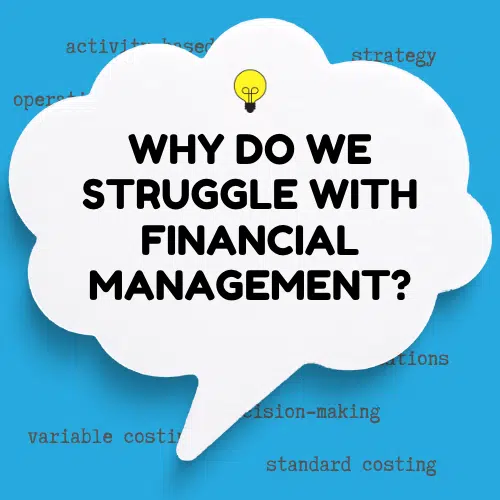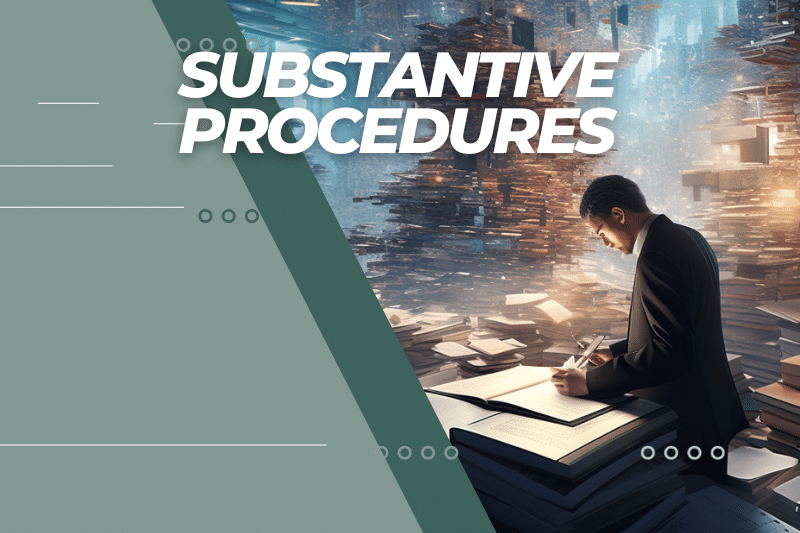Every semester, students face the dilemma of how to prepare for their exams in the limited time that they have available to them.
The balance between theory and questions is a tough one, and is debated every semester!
[expand title=”Why are exam courses so popular?”]
One of the most popular solutions to the exam-preparation challenge has been the introduction of “exam courses” throughout the landscape of tuition providers. In the past, students saw this as a sure-fire way to pass the exam, by copying and pasting the solutions to the past papers into their exams, mainly because UNISA had a habit of repeating questions. Past papers were the holy grail of study material. Getting your hands on enough past papers meant that you were almost guaranteed to see something almost identical, and could regurgitate what you remembered.
This has changed drastically in the last few years. UNISA’s academic policy changed to state that no more than 30% – 40% of the exam can contain questions from the past. Pass rates dropped, tuition centres lost their popularity because they couldn’t guarantee a pass, and although students could now get the past exams, they battled to get solutions, and figure out how it could help their exam.
‘Exam technique’ became the new pass-phrase. Past papers now opened the door to learning ‘how’ to answer questions, rather than just copying the solution. Exam courses have flourished within this environment.
[/expand]
[expand title=”Are they as useful as they’re advertised to be?”]
I’ve run tons of full-time, part-time, revision and exam courses at every level. The challenge is alway to balance the knowledge of the student with the practical questions. All students differ in terms of their needs, although there is a constant underlying theme to the debate:
Students don’t like to try questions until they feel that they ‘know’ their work.
Exam courses can help with this. They can de-mystify the exams and reduce the levels of intimidation of the upcoming exams. Having someone confident take you through the questions can help make you feel better about your ability to get marks.
Mostly though, exam courses will be of greater or lesser value to you depending on the expectation you have when you sign up for it. If you’re expecting to ‘spot’ for the exams, you’ll probably be disappointed. If you’re expecting a copy-paste solution to use in the exam, you’ll also probably be unhappy (although this will only become apparent AFTER you’ve written the exams!)
[/expand]
[expand title=”What should you get out of an exam course?”]
You probably don’t know your theory as well as you’d like. You still need to prepare for the exam though, and you can’t move the exam date. You’re going to have to start with questions, even though you may feel uncomfortable.
Working through the question
The case study has a lot of information, and students battle to identify what’s important, and what’s not. Having someone talk you through the information, and why it’s there helps to structure your thinking.
One of the biggest benefits of exam courses is that students find it helps them figure out WHERE TO START with their answers! The suggested solutions always look so neat, are in perfect order, and seem as though you’re supposed to start with line 1 and answer the question in the same order as them. A good exam course can take you step-by-step through the answer (preferably by doing it in front of you, rather than ‘pointing’ to an existing solution!)
Formulating the answer
A good exam course can help you figure out that you can still pass, EVEN THOUGH YOUR ANSWER DOESN’T LOOK LIKE THEIR SOLUTION!
Showing you the mark allocation allows you to identify where, (and how many!) marks you’d lose if you didn’t get part of the question right. The good news is that it’s generally less than students think!
[/expand]
[expand title=”Do you have to know all your work before you go?”]
There is an argument both ways for this question:
No: It can be argued that there’s no point in going through questions until you know the theory, and that knowing how the answer should look is useless until you have the knowledge to put IN the solution!
Yes: It can also be argued that the sooner you see HOW the knowledge will be examined, the easier it is to learn HOW to study the knowledge itself. You may realise that mind-maps, summaries and off-by-heart learning aren’t going to get you marks. You may learn that you have to know HOW to put the information in the form the exam wants it is worth more marks.
[/expand]
Conclusion
Exam courses can add HUGE value to your studies, beyond getting solutions for questions that MIGHT pop up again. Change your expectation from this, and your value-for-money will increase drastically!

